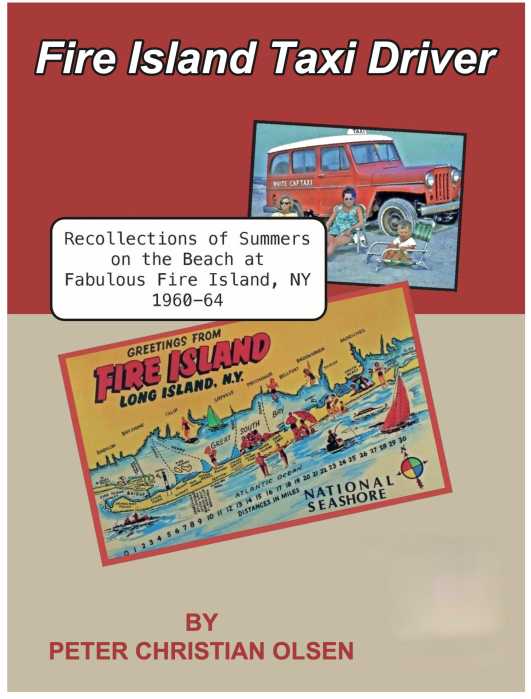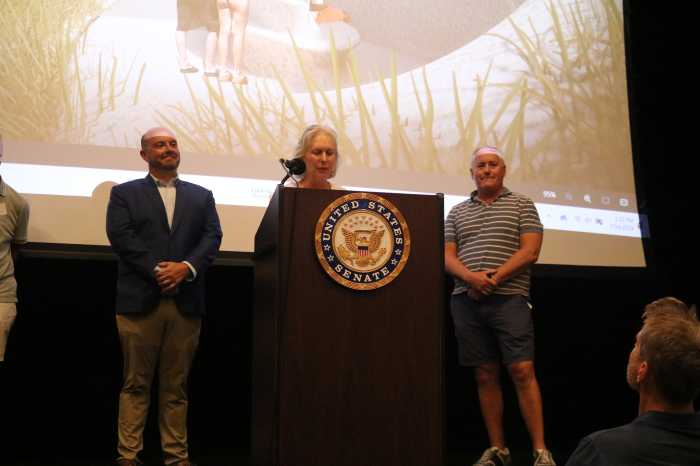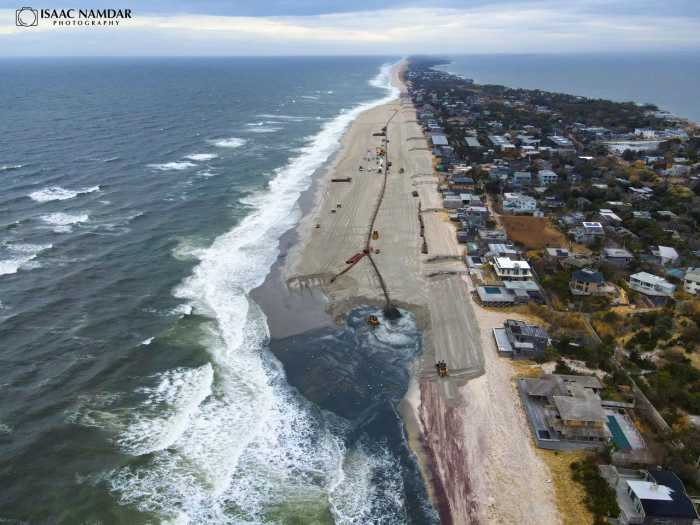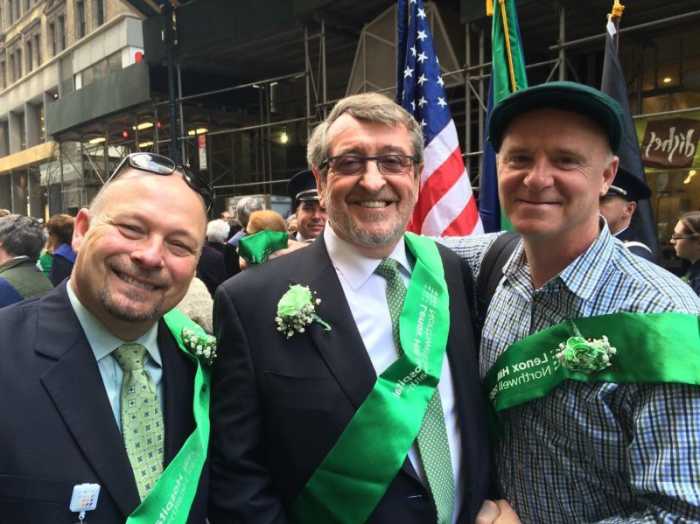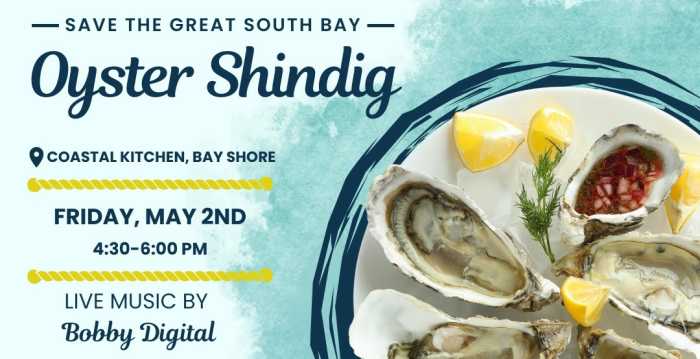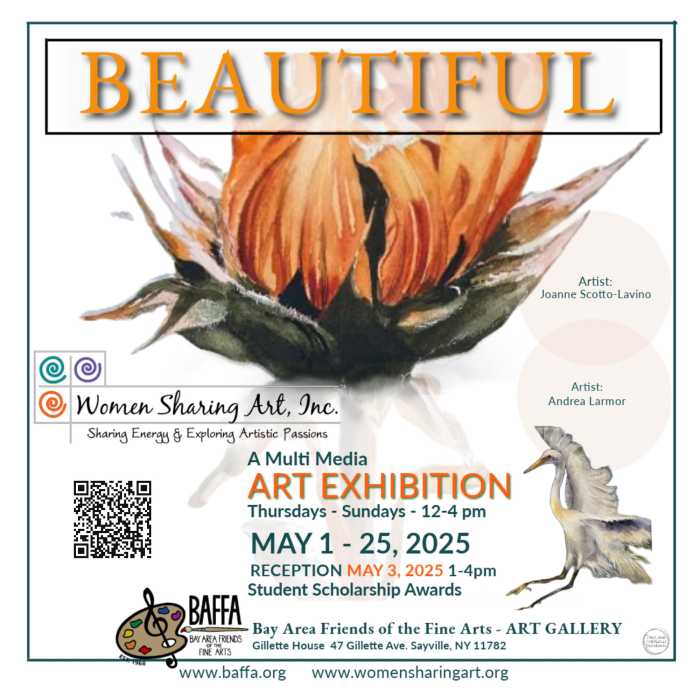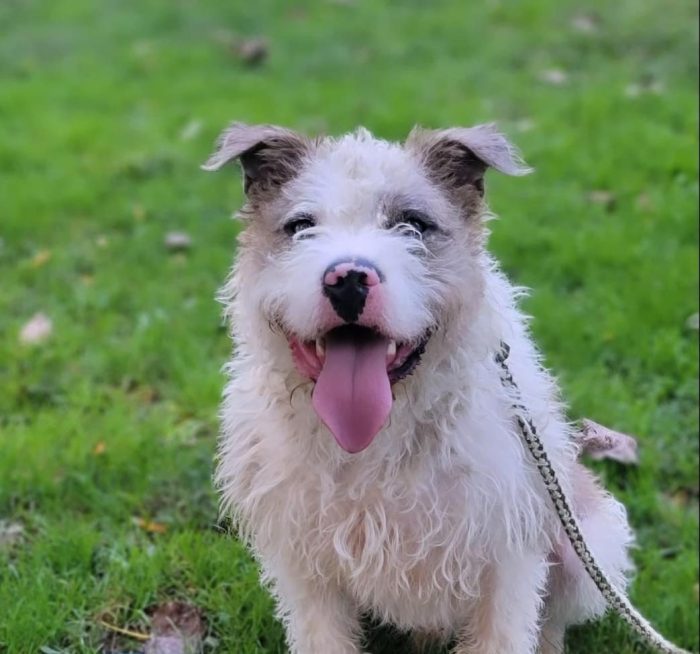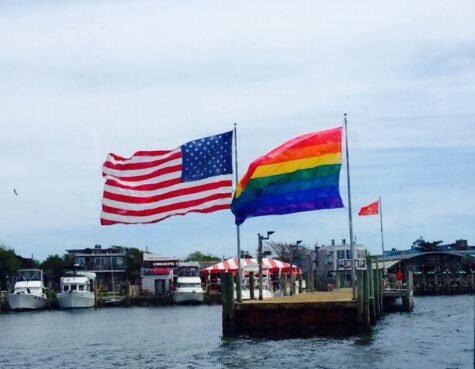
It being LGBTQ Pride Month commemorating the Stonewall riots, which happened this month 50 years ago, it is most timely to revisit the successful challenge to police raids on gay communities of Fire Island – which the year earlier preceded what happened in 1969 at Stonewall Inn, the Greenwich Village gay club.
It was an outrageous annual tradition: The police raid on those havens for gay men on Fire Island, Cherry Grove and Fire Island Pines. It took gay men taking their chances with juries composed of residents of Suffolk County – as proposed by a prominent, feisty, rough-and-tumble Suffolk County attorney, Benedict P. Vuturo.
The juries, one after another in the fall of 1968, found the gay men rounded up in the summer 1968 raid on Fire Island, innocent. And that did it – the Suffolk County Police Department finally stopped the raids.
What happened for many years to gays on Fire Island seems like a nightmare of another time – and it was. So much since has changed. In 2015, the U.S. Supreme Court legalized same-sex marriage as a constitutional right in all 50 states. There have been enormous social changes in regard to gay men and lesbian women and others with a non-traditional sex identity and thus the emergence of the movement acronymed LGBTQ for lesbian, gay, bisexual, transgender and queer. Still the battle is far from over. I am writing this just days after a Florida state representative named Mike Hill mused publicly about a death penalty being imposed for homosexuality. And there is intense repression in many countries overseas.
These raids on Fire Island every summer were a tradition begun by the Brookhaven Town Police Department. Half of Fire Island, which is just over 32 miles long, lies in the Town of Brookhaven – including the Fire Island Pines and Cherry Grove. With the end of the Brookhaven department and its joining with many other town and village departments in Suffolk into a Suffolk County Police Department in 1960, the perverse tradition was continued by the new county police force.
I first became aware of the raids when hired in 1964 by the daily Long Island Press as a police-and-courts reporter covering Suffolk. It was like pulling teeth sometimes to get information from the Suffolk cops. But after their annual raid on Fire Island, the cops wanted the media to know all about it – pitching to journalists not only the names and addresses of those arrested – but their occupations and where they worked. The police effort was clearly meant to damage those arrested, to perhaps get them fired for being gay and being arrested in a raid on Fire Island. The raids were made by boatloads of cops storming the beach. Prisoners were dragged off in handcuffs and brought to the mainland.
Year after year, the 25 to 40 or so defendants, most of them from New York City and frightened about casting their lot with Suffolk County locals, would plead guilty to various “morals” charges. Then one judge began sentencing some arrestees to jail, getting himself plenty of publicity. The Fire Island gay community had had it.
The colorful Vuturo, former president of the Suffolk Criminal Bar Association, was retained by the Mattachine Society of New York to represent the arrestees in the next raid. That raid happened on Aug. 24, 1968.
The Mattachine Society prepared the Fire Island gay communities for the legal fights ahead by distributing a pamphlet in 1967 advising against “shortsighted” pleas of guilty and declaring: “Intolerable police state tactics continue because of our cooperation.” The pamphlet further said if one was arrested not to provide any more than name and address. “Never carry identification that contains the name of your employer,” it counseled.
Vuturo demanded jury trials for those arrested in the 1968 raid. He told me he believed a jury of adults would never convict. He was correct. He won every trial.
I covered the situation. When the Fire Island defendants of that summer were arraigned in Suffolk County District Court, Vuturo declared: “Outrageous … These men will be cleared of these notorious allegations.” He said the men didn’t represent a public nuisance, weren’t annoying anyone. “The police actually sought these men out.” The trials were some scenes. Vuturo toughly cross-examined arresting officers demanding they tell in detail what they saw and did, often leaving the cops red-faced, embarrassed.
And then, in his summations to the juries, Vuturo spoke dramatically about murders and other major crimes occurring in Suffolk and how, he declared, the Suffolk County Police Department was wasting its resources storming Fire Island to round up gays.
“To be on Fire Island – in Cherry Grove or Fire Island Pines – when the cops are there for a raid is to put your life in your hands,” he intoned. “The cops go and beat the bush. They grab you and handcuff you to whoever…Was a breach of the peace committed? Who saw it but the cops who went looking?”
For Vuturo it was a matter of “civil liberties are civil liberties.”
He hoped to lose one case so he could get to the New York State Court of Appeals or U.S. Supreme Court to try to have the laws under which the arrests were made ruled unconstitutional, but he never lost a single one of the “Fire Island trials” as they were referred to in court corridors during fall 1968.
Dick Leitsch, president of the Mattachine Society of New York, told me that the gay rights group had first considered hiring New York City lawyers, specialists in civil liberties work, to defend the arrestees in the next police raid on Fire Island. “But we figured the courts out there might view them as outside agitators,” he explained. So the society, he said, spoke to some members of the Suffolk County chapter of the American Civil Liberties Union and the flamboyant Vuturo, based in Central Islip in Suffolk, was recommended.
Vuturo, a father of five, who went on to himself become a Suffolk County District Court judge, and who died in 1991, was key to ending a travesty. And so were the Suffolk jurors who showed that the jury system works. And deserving huge credit are those gay men of Fire Island who stood up to prejudice and hate in a dark time.




